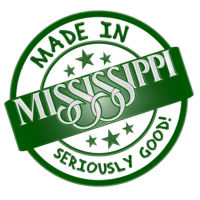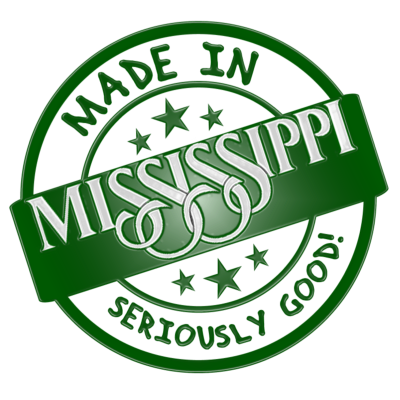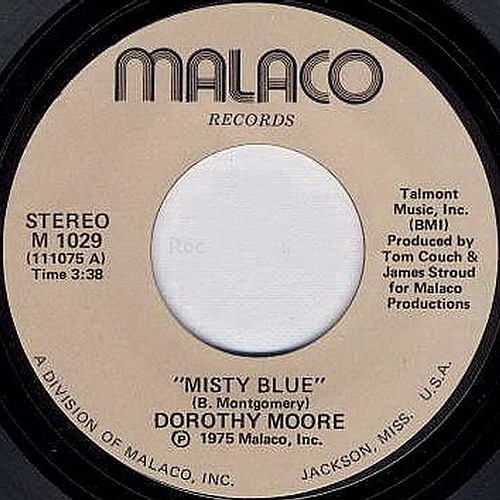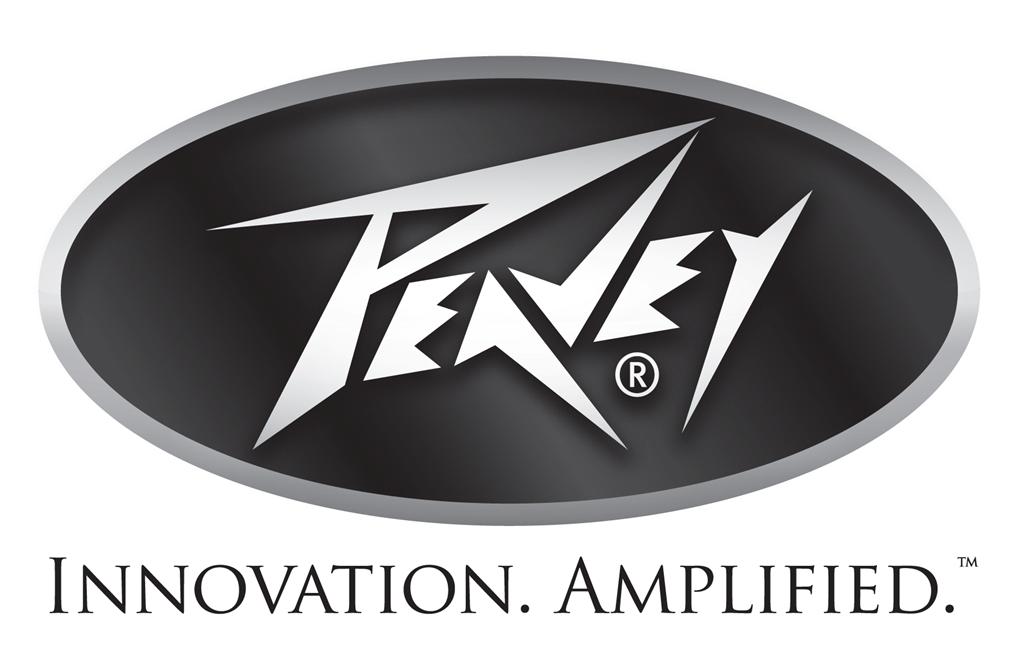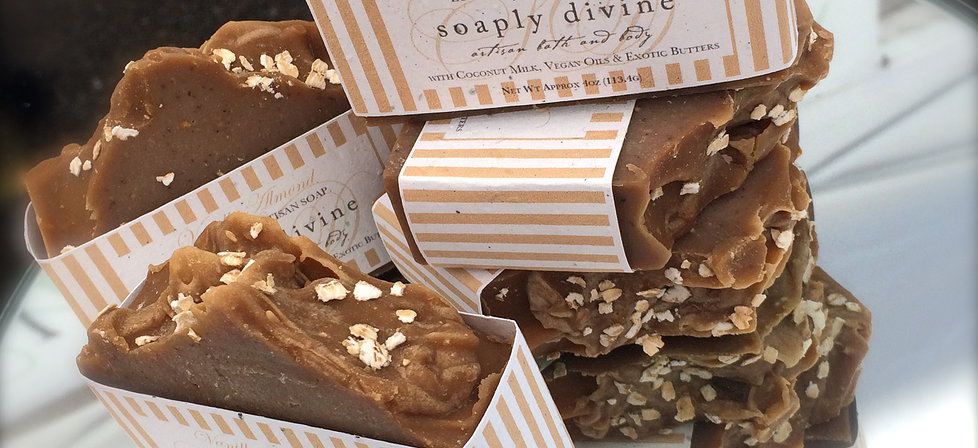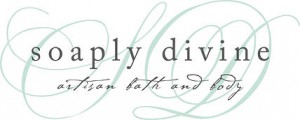“The Last Soul Company” started as a pocket-change enterprise in the early 1960s with college students Tommy Couch and Wolf Stephenson booking bands for fraternity dances at the University of Mississippi.
 After graduation, Tommy Couch opened shop in Jackson, Mississippi as Malaco Attractions with brother-in-law Mitchell Malouf (Malouf + Couch = Malaco). Wolf Stephenson joined them in promoting concerts by Herman’s Hermits, the Who, the Animals, and others.
After graduation, Tommy Couch opened shop in Jackson, Mississippi as Malaco Attractions with brother-in-law Mitchell Malouf (Malouf + Couch = Malaco). Wolf Stephenson joined them in promoting concerts by Herman’s Hermits, the Who, the Animals, and others.
In 1967 the company opened a recording studio in a building that remains the home of Malaco Records. Experimenting with local songwriters and artists, the company began producing master recordings. Malaco needed to license their early recordings with established labels for national distribution. Between 1968 and 1970, Capitol Records released six singles and a Grammy-nominated album by legendary bluesman Mississippi Fred McDowell. Deals for other artists were concluded with ABC, Mercury, and Bang.
Revenue from record releases was minimal, however, and Malaco survived doing jingles, booking bands, promoting concerts, and renting the studio for custom projects.
In May 1970, a bespectacled producer-arranger changed the struggling company’s fortune. Wardell Quezergue made his mark with New Orleans stalwarts Fats Domino, Professor Longhair, and others. He offered to supply Malaco with artists in return for studio time and session musicians. With very little money left, Malaco knew this might be their last shot at making something happen.
Wardell brought five artists to Jackson in a borrowed school bus for a marathon session that yielded two mega-hits – King Floyd’s “Groove Me” and Jean Knight’s “Mr. Big Stuff.” But the tracks met rejection when submitted to Stax and Atlantic Records for distribution. Frustrated, Malaco released the King Floyd tracks on its own Chimneyville label. When “Groove Me” started a wildfire of radio play and sales, Atlantic picked the record up for distribution after all, giving Malaco a label deal for future Chimneyville product. “Groove Me” entered the national charts in October, going to #1 R&B and #6 pop. In 1971, Chimneyville scored again with King Floyd’s “Baby Let Me Kiss You” (#5 R&B and #29 Pop). Meanwhile, Stax decided to take a chance on “Mr. Big Stuff,” selling over two million copies on the way to #1 on the R&B charts and #2 pop.
Malaco’s studio and session musicians were now in demand. Atlantic sent the Pointer Sisters among others for the Malaco touch; Stax sent Rufus Thomas and others. And, in January 1973, Paul Simon recorded material for his There Goes Rhymin’ Simon album.
Later that year, Malaco released its first gospel record, “Gospel Train” by the Golden Nuggets. Also in 1973, King Floyd’s “Woman Don’t Go Astray” made #5 R&B.
When Dorothy Moore recorded “Misty Blue” in 1973, Malaco got stacks of rejection slips trying to shop the master to other labels. Now, in 1975, Malaco was broke and desperate for something to sell. With just enough cash to press and mail out the record, “Misty Blue” was released on the Malaco label just before Thanksgiving. Luckily, it took off the moment it hit radio turntables.
“Misty Blue” earned gold records around the world, peaking at #2 R&B and #3 pop in the USA, and #5 in England. This was followed by thirteen chart records and five Grammy nominations for Moore by 1980.
Another Malaco gamble in late 1975 was targeting the gospel market again with the Jackson Southernaires. The gamble paid off, and other premium gospel artists signed on, including the Soul Stirrers, The Sensational Nightingales, The Williams Brothers, The Truthettes, and The Angelic Gospel Singers, to name a few. The Southernaires’s Frank Williams became Malaco’s Director of Gospel Operations, producing virtually every Malaco gospel release until his untimely death in 1993.
Malaco made several attempts at the disco market, but its main contribution to the era was providing the studio and session musicians for Anita Ward’s “Ring My Bell.”
Frederick Knight produced “Ring My Bell” for his own Juana label, which, like Malaco, was distributed by T.K. Records in Miami. In the summer of 1979 “Ring My Bell” was omnipresent, going to #1 on both Pop and R&B charts, and selling an estimated 10 million copies worldwide. Also hot that summer, Fern Kinney’s electronic remake of “Groove Me” entered the R&B and disco charts in August. The follow-up, “Together We Are Beautiful,” reached #1 on British pop charts in 1980.
Malaco relied greatly on Dave Clark’s promotional efforts at T.K. So when T.K. shuttered in 1980, Malaco hired Clark. His unrivaled access to radio and credibility with artists soon paid off with his recruitment of Z.Z. Hill.
Starting with Z.Z Hill, Malaco became the center of the universe for old-time blues and soul. Since blues supposedly no longer sold, everyone was shocked when Hill’s second album, Down Home Blues, sold 500,000 copies. It was the most successful blues album ever, revealing a core audience for quality blues records. It also became an anthem for R&B singers struggling against disco and the emergence of rap. By now, Malaco had found its niche and was the dominant southern R&B label in the country. It also developed an identifiable sound via a core group of session musicians and songwriters.
The house band was anchored by Carson Whitsett on keyboards, Larry Addison on second keyboard; James Robertson on drums, Ray Griffin on bass, and Dino Zimmerman on guitar. A steady stream of strong material flowed from key songwriters such as George Jackson, Larry Addison, Rich Cason, and Jimmy Lewis.
In 1985 Malaco signed Bobby Blue Bland. That summer, Tommy Couch, Wolf Stephenson and Stewart Madison purchased the Muscle Shoals Sound Studio, label, and publishing company. The studio and its fabled rhythm section (Jimmy Johnson, David Hood, Roger Hawkins, and Barry Beckett) are credited with gold records by the Staple Singers, Paul Simon, Aretha Franklin, Bob Seger, Rod Stewart, and Wilson Pickett, to name a few. Even more valuable was their publishing company containing moneymakers like “Old Time Rock and Roll” and “Torn Between Two Lovers.”
Clearly the dominant contemporary southern blues label, Malaco purchased the gospel division of Savoy Records in 1986. Now it was also the preeminent black gospel company in North America. The Savoy acquisition brought a vast catalog of classic recordings dating back decades, including albums by Shirley Caesar, Rev. James Cleveland, Albertina Walker, The Caravans, Inez Andrews, The Georgia Mass Choir, and The Florida Mass Choir.
Born in 1965, Tommy Couch Jr. followed his father’s footsteps, starting a booking agency to mine fraternity bookings on southern campuses.
Malaco’s market focus widened dramatically in 1995. Songwriter/producer Rich Cason cut “Good Love” on Johnnie Taylor with a contemporary L.A. jeep beat, enabling the artist to reach a new, younger audience. Combining contemporary tracks with old school material like “Last Two Dollars,” the Good Love album soared to #1 on Billboard’s blues charts and #15 R&B, becoming the biggest record in Malaco’s history.
In the late nineties, Malaco signed veteran Chicago soul great Tyrone Davis, whose credits include 42 R&B chart records. The company also continued its steady, prudent expansion, purchasing half of the Memphis-based distributor Select-O-Hits, and making inroads into the urban contemporary, jazz, and contemporary Christian markets. Malaco Jazz Records is issuing a series of vintage live European recordings by Duke Ellington, Count Basie, Louis Armstrong, Dizzy Gillespie, Lionel Hampton, Cannonball Adderly, Thelonious Monk, and others. Malaco Jazz also distributes several upcoming independent jazz labels. And, the new urban contemporary label, J-Town, scored a Top 40 R&B single, “I’ve Been Having an Affair” by Tonya.
Excerpted from The Malaco Story by Rob Bowman, award-winning author of Soulsville U.S.A.: The Story of Stax Records published by Schirmer Books.
Mailing Address:
Malaco Music Group
P.O. Box 9287
Jackson, MS 39286-9287
Physical Address:
3023 West Northside Drive
Jackson, MS 39213
Main Phone Number:
601-982-4522
Website: https://www.malaco.com/

